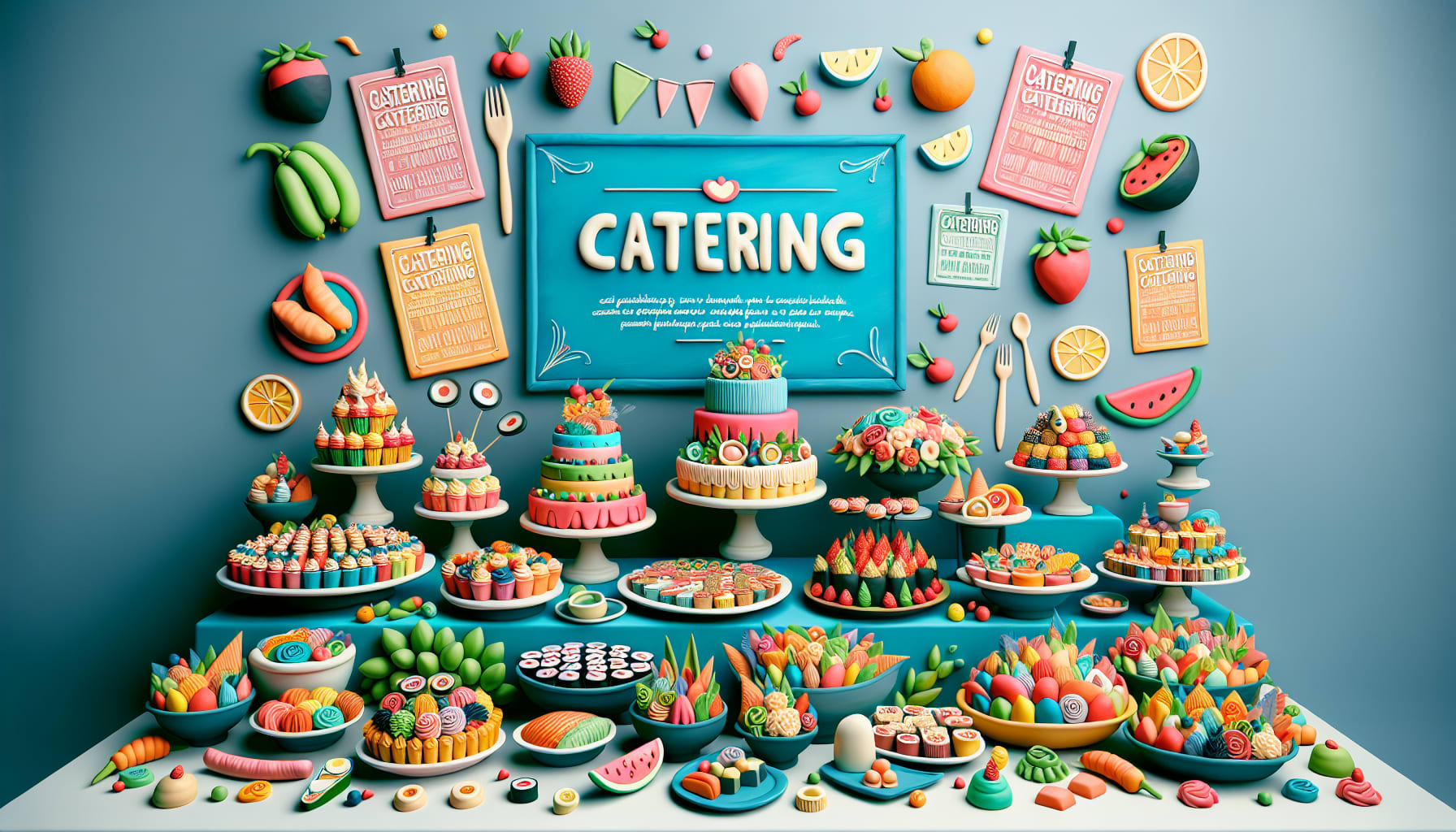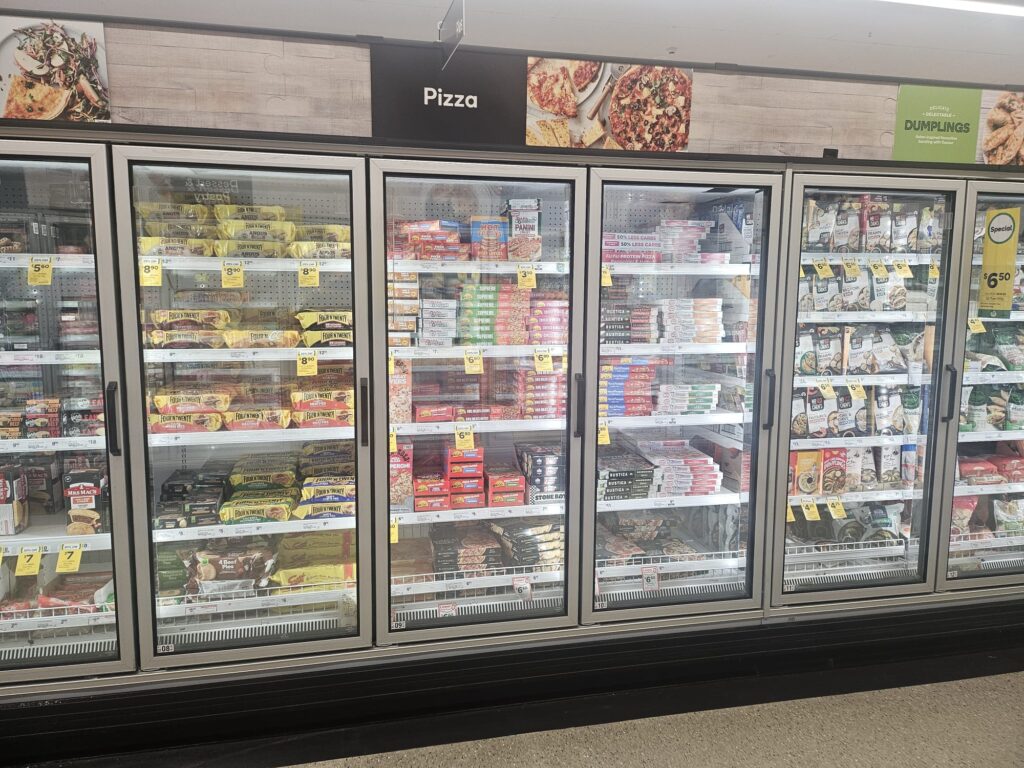For many of us, the experience of sheltering in place has revitalized our home cooking practices. I’ve been embarking on projects that have long been on my bucket list, like fermenting kimchi and sauerkraut, and I find myself sharing recipes with friends more than ever. (Earlier today, a dear chef friend sent me a recipe for red lentil dal that I’m looking forward to trying out this week.)
This sharing of tips and resources extends beyond my immediate circle. Food artist Lexie Smith, for example, has sent her dehydrated sourdough starter around the world, mailing it from her farm in upstate New York to places as faraway as Australia. The simple act of buying groceries has now become a communal activity, as healthy, able-bodied people are stepping in for those who are immuno-compromised and must stay home.
In this spirit of communal giving, two native New Yorkers are offering up the ultimate crowdsourced recipe book as a fundraiser for local food banks. Longtime friends Layla Alter and Carmen Hall debuted their first online edition of “The Quarantine Cookbook” last week. It features 130 pages of recipes from New York chefs and artists as well as friends and family members; each entry accompanied by hand-drawn illustrations. The Standard’s creative director of food and culture Angela Dimayuga shares her recipe for the shelf-stable butter bean pastina (she says she first fell in love with mini pasta because her corner bodega stocked it), and experimental food collective Spiral Theory Test Kitchen share their dish made up of turmeric, cumin, mustard seed, coconut milk, chickpeas, and fire-roasted tomatoes to make what they call “Butter Chicken(peas).” Contra and Wildair chefs Fabian von Hauske and Jeremiah Stone share the secret to Wildair’s chocolate tart, while Laila Gohar provides a recipe for candied orange peel, to which you can add camomile flowers or dip in dark chocolate.


In addition to New York’s well-known culinary players, Hall and Alter also tapped their friends to contribute recipes. Photographer Mayan Toledano and designer Maayan Sherris share their techniques for shakshuka and challah, and Hall and Alter’s friend Jack Shannon, who also designed the layout for the book, contributed his takes on coconut ceviche and fennel salad. As Hall and Alter explain it, they reached out to their friends first, and then to those outside their network whose work they admired. “We ended up with a very natural assortment of contributors,” Alter says. “You get a taste of parts of our extended community, from recipes from my Moroccan grandma to Ali Sahin, owner of C&B, a community cafe in the East Village.”
Hall, who contributes to Vogue and works at Condé Nast International, and Alter, who runs her own jewelry line, have been friends since middle school. Food instantly became a foundational part of their friendship. In the mornings after sleepovers, Hall and Alter would gather in Alter’s kitchen to start their day with her mom’s shakshuka. To this day, Alter and Hall both obsess over Hall’s mother’s salad dressing. When I ask what makes it so special, Hall can’t quite place it. “It has tarragon in it, which is simple enough, but we can never make a shakshuka like Galila or a salad dressing like Nicole,” Hall says of their moms’ signature recipes. “But you can attempt to perfect Galila’s hummus and Nicole’s biscotti,” Alter adds, as both of their moms shared those recipes in the cookbook.


Before the coronavirus, they’d talked about organizing an IRL dinner party series where they’d debut small, printed cookbooks after the shared meal. After those sorts of dinners became impossible, it shifted the focus of their proposed project. “Once the pandemic hit it was clear we had to expedite the project and shift the initial idea so the cookbook could serve as a means to raise money for those in need,” Alter says, in addition to creating a virtual space for people to come together. The two had already been sharing cooking ideas, and they figured people would need these recipes now more than ever. They carefully researched the food banks that would receive the proceeds from the virtual book, which include the Food Bank for NYC, the London Trussel Trust, and the World Central Kitchen, which also helps small businesses by enlisting restaurants to make meals for those in need. The cookbook has raised $6,000 for the three charities so far.
Alter and Hall have turned their sights to London, releasing a new online cookbook that includes recipes from the people behind their favorite restaurants in the city, like Spring, Theos Pizza, and the Camberwell Arms. Down the line they are hoping to expand their fundraising efforts to incorporate organizations that are helping undocumented immigrants, as they were left out of the pandemic stimulus package. One day, when it’s safe to do so, they’d like to commemorate the launch of their cookbook project with an actual dinner party, where everyone who contributed to this first edition can gather around and share a meal.
They also hope to make print copies of these virtual quarantine cookbooks down the line. “In a way I was sad to make a digital book because the beauty of my parent’s cookbooks are the pages covered in oil stains and fingerprint marks,” Hall says. It was the recipes on those cookbook pages with the most wear that she grew up eating the most. “The best cookbooks aren’t just recipes—they include stories that surround the dishes,” Hall continues. “The Quarantine Cookbook is a story about our community in London and New York—a capsule of this weird time.”
Originally Appeared on Vogue


